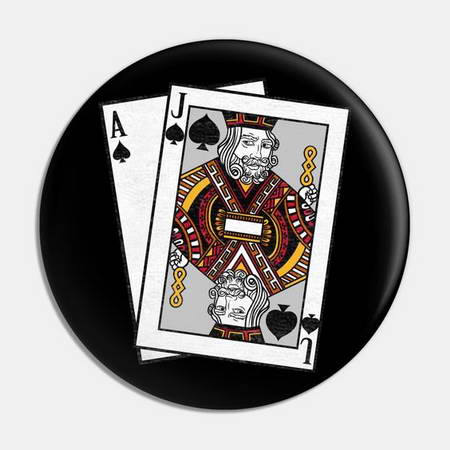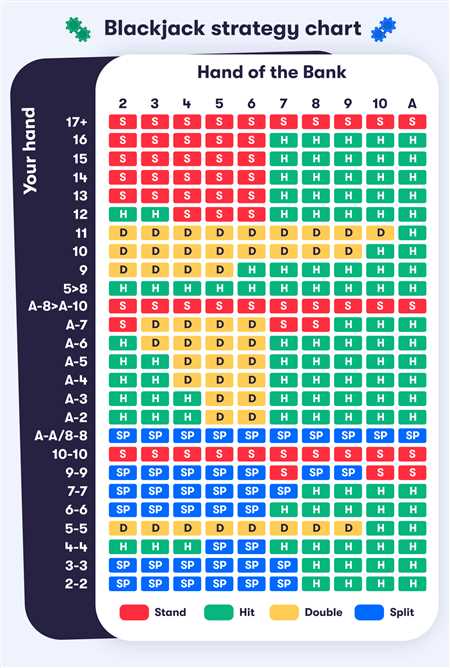

Embarking on an exhilarating journey through the virtual realm of card games presents an exciting opportunity to explore tactics and techniques. This captivating pastime blends chance with skill, compelling players to sharpen their decision-making abilities while navigating through challenging scenarios. Gaining insight into the mechanics behind successful gameplay can elevate the experience from mere luck to a rewarding strategy.
In this vibrant landscape, each player wields a hand filled with possibilities. Numbers and face values play a crucial role, shaping outcomes as participants vie for supremacy at the table. Acquiring knowledge about these numerical components enhances one’s capability to devise informed plans, maximizing potential for victory.
Further exploration of time-tested methodologies unveils the secrets of seasoned players. Sound judgment, risk assessment, and adaptive maneuvers are paramount, ensuring that even the most uncertain situations can lead to favorable results. Embracing a thoughtful approach can transform gameplay into a strategic battlefield where intellect reigns supreme.
Players are drawn to this captivating game that combines chance and skill, creating an engaging experience. The objective revolves around achieving a hand total that is closer to a designated value without exceeding it, while simultaneously outperforming the dealer’s hand. A variety of strategic approaches can enhance one’s gameplay, contributing to both enjoyment and potential winnings.
Each card has a specific worth, influencing decisions made throughout the course of play. Cards numbered two through ten possess their face values, while face cards like kings, queens, and jacks are valued at ten. Aces can be valuable as either one or eleven, offering flexibility in how hands are played. Familiarity with these fundamentals sets the stage for informed choices during the game.
Different betting options allow participants to engage with varying levels of risk and reward. Managing finances wisely is crucial to sustaining gameplay over time. As players progress, they will discover personal styles and strategies that suit their approach, making each session unique. Overall, grasping these foundational aspects fosters a deeper appreciation for the game.

Grasping the significance of each playing piece is vital for success in this exciting game. Every card contributes to the overall strategy and can significantly influence decisions during gameplay. Knowing how to evaluate each piece can provide players with a tactical edge against the dealer.
In this game, numbered cards, excluding face cards, hold their respective numerical values. For instance, a card showing a six is worth six points. Conversely, face cards, which include kings, queens, and jacks, each carry a value of ten. The ace is unique; it can represent either one or eleven points, depending on what benefits a player’s hand the most.
This dynamic nature of values leads to various strategies and approaches, as players must constantly assess their hand in conjunction with the dealer’s visible card. Understanding these specific evaluations encourages more informed decisions, enhancing overall performance and enjoyment in the game.
In this segment, we explore the significance of different types of cards present in the game, focusing on how they impact decisions and overall gameplay. Recognizing their importance can lead to better outcomes and enhance the gaming experience.
Cards in this context can be divided into two main categories: face cards and numerical cards. Each type carries unique characteristics that influence strategies players might adopt.
By mastering the characteristics of both face and numerical cards, players can enhance their tactical approach, make educated decisions, and optimize their chances of success in the game.
Aces occupy a special place within the game, presenting unique opportunities and challenges. Their ability to represent multiple values creates a dynamic aspect that can significantly influence gameplay. Understanding how to effectively utilize these cards is crucial for enhancing one’s chances of success.
An ace can function as either a low value of 1 or a high value of 11, depending on the situation and the player’s total. This flexibility allows players to adapt their strategies based on the hand they are dealt and the dealer’s visible cards. Knowing when to count an ace as 1 or 11 can be a decisive factor in achieving a favorable outcome.
In scenarios where the total is close to 21, leveraging an ace as 11 enables the formulation of a strong hand. However, if using its high value risks going over the limit, opting for 1 might be the safer choice. This duality demands critical thinking and keen judgment during play, encouraging players to assess their hands constantly as they navigate the game.
Overall, mastering the use of aces can elevate a player’s performance, making them not just mere cards, but powerful tools in the quest for victory. Embracing this aspect can lead to more informed decisions, ultimately enhancing the overall gaming experience.
Achieving favorable outcomes in a game hinges on proper preparation and strategic mindset. Having a clear plan and understanding the playing environment can significantly influence one’s chances of winning. This section will provide essential components that contribute to a successful gaming experience.
By focusing on these aspects, players can enhance their readiness and increase their chances of achieving success while enjoying every moment of the game.
Selecting an appropriate gaming platform is crucial for an enjoyable experience. With numerous options available, players must evaluate various factors to ensure safety, entertainment, and reliability. A well-chosen venue can enhance overall satisfaction and gaming success.
Firstly, it’s essential to verify that the chosen establishment holds a valid license. This ensures the platform operates under regulatory oversight, promoting fairness and security while protecting players’ interests. Look for certifications from reputable authorities, as this demonstrates a commitment to maintaining high industry standards.
Additionally, assessing available game options is vital. Opt for casinos that provide a diverse selection of games, catering to varying skill levels and preferences. This variety not only keeps the experience engaging but also allows players to explore different gameplay dynamics.
Another important aspect is the quality of customer support. Reliable platforms offer multiple channels for assistance, ensuring that help is readily available when needed. Check reviews and testimonials to gauge the responsiveness and effectiveness of the support team.
Promotions and bonuses are also key considerations. Look for venues that provide attractive welcome offers and ongoing promotions, as these incentives can significantly enhance the gaming experience. However, always read the terms and conditions associated with such offers to avoid surprises.
Finally, ensure that the platform supports safe payment methods. A reputable casino will offer a variety of secure options for deposits and withdrawals, allowing for smooth financial transactions. Researching players’ experiences regarding payout speeds can also be beneficial in making an informed decision.
Exploring the layout of a virtual gaming platform is essential for players seeking to enhance their experience. A well-designed interface provides intuitive navigation, allowing users to focus on gameplay rather than getting lost in complex menus. Familiarizing oneself with the different elements available can significantly improve decision-making during sessions.
Key components such as the betting area, dealer’s section, and player controls play a crucial role in gameplay. Each element serves a specific purpose, from placing wagers to viewing outcomes of rounds. Knowing where to find relevant information helps in making informed choices.
Moreover, visual cues like chip denominations and action buttons contribute to clarity. A streamlined interface minimizes distractions, enabling players to concentrate on strategy without confusion. Careful attention to these aspects can lead to a more enjoyable and potentially profitable experience.
Developing effective methods can significantly enhance chances of success in this popular card game. Mastery of fundamental techniques enables players to make informed decisions, minimizing losses while maximizing potential gains. By grasping essential concepts, participants can navigate through challenges with greater confidence and skill.
One crucial aspect involves knowing when to hit, stand, double down, or split pairs. Each action has specific scenarios where it proves to be advantageous, dictating the best approach based on the dealer’s visible card and the total of one’s hand. For instance, if a player possesses a total of 11, choosing to double down might yield favorable outcomes against weaker dealer cards.
Moreover, understanding probabilities plays a vital role. Recognizing potential outcomes based on remaining cards in the deck can assist in decision-making. Utilizing statistical knowledge, players can better anticipate events rather than relying solely on chance, leading to smarter plays in the long run.
Finally, staying disciplined and managing bankroll efficiently is essential. Setting limits and avoiding impulsive moves helps maintain control during play. By adhering to a well-structured plan, participants can enhance overall experience while enjoying the thrill of the game.
Making a decision to take another card or to hold current total is crucial in gameplay. This choice can significantly impact the outcome of each round, as it relates directly to the strength of your hand in relation to the dealer’s visible card. Evaluating various factors will help determine the most advantageous move, enhancing your chances of success.
Hitting is advisable when your total is low and you need to improve your chances of getting closer to 21 without exceeding it. If your total is under 11, it is generally safe to hit, as the risk of busting is minimal. However, if your hand totals around 12 to 16, careful consideration is necessary. In such cases, assessing the dealer’s card becomes paramount.
On the other hand, standing may be the best course of action when your hand is strong or when the dealer has a weak upcard. If your total is 17 or higher, it is usually recommended to stand, as the risk of busting increases significantly with additional cards. Furthermore, when facing a dealer’s weak card, holding can put pressure on them to improve their hand.
Ultimately, the decision to hit or stand involves weighing potential risks against the likelihood of improving your position. Staying aware of your total and the dealer’s card will guide you in making informed choices throughout your gameplay.